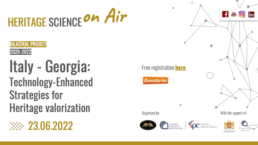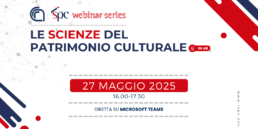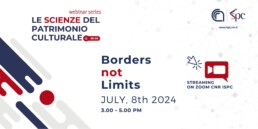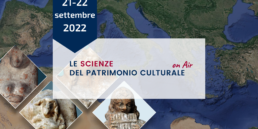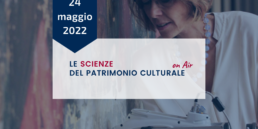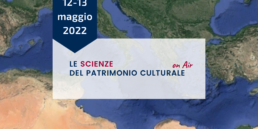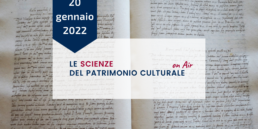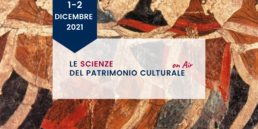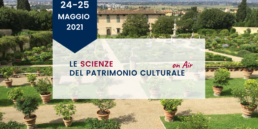Heritage Science on Air
Italy-Georgia: Technology-Enhanced Strategies for Heritage valorization
June 23, 2022 | 11.00-15.30 CEST
CNR ISPC on Air Webinar
Digital technologies provide huge opportunities for improving public access to different forms of cultural assets. They boost the development of creative learning and educational tools as well as tourism applications, research activities and formative and entertaining occasions. In addition, digital tools play a major role in the preservation, study and (virtual and physical) restoration of physical cultural goods.
Cultural Heritage is indeed unique and non-renewable while digital cultural information has the advantages of being permanently stored, and conveniently copied and shared. Hence digital technologies can provide new methods for scientific conservation, research, interactive exhibition, as well as utilization of cultural data.
Thanks to the Bilateral Project 2021-2023, Cultural Heritage and digital technologies are not more separated domains, but one depending on the other; both of them concur to the establishment of a new cross-disciplinary field of experimentation, requiring knowledge of science and engineering, as well as arts and humanities and social sciences. All these scientific expertise allow a wide variety of research to be conducted, from smaller object-focussed case studies, to large-scale and longer-term collaborative projects. The Bilateral Project 2021-2023 indeed supports research on heritage interpretation, preservation, documentation and management, while granting access to data and technologies through a standardized approach within the global heritage science community.
The CNR ISPC and the Georgian National Museum present the preliminary work done for the future Virtual Museum of Vani in order to:
a) Strengthen the interest toward a multidisciplinary approach which bend together Culture, Technology and Communication;
b) Highlight the importance of using a precise pipeline of work to standardize procedures, methodologies and evaluative tools;
c) Improving the understanding of Cultural Heritage objects and sites by means of new instruments, new protocols and new techniques;
d) Focus the attention on communication strategies to disseminate and foster the knowledge and value of heritage to people, empowering their sense of belonging to territories and stimulate affection into young generations.
The interdisciplinarity of Heritage Science reflects indeed the diversity of heritage itself, and especially for future Italian-Georgian projects, knowledge and skills are necessary from many different fields of expertise; it is only through such collaboration that a broader societal impact can be ensured.
The webinar will be held on the Zoom platform.
For more info about the Bilateral project 2021-2023:
